Use of biomass fuels and coal burning indoors leads to levels of indoor air pollution many times higher than international ambient air quality standards allow for, exposing poor women and children on a daily basis to a major public health hazard. This exposure increases the risk of important diseases, and is estimated to account for a substantial proportion of the global burden of disease in developing countries. Other important direct health impacts from household energy use among the poor include burns to children and injuries to women from carrying wood. Furthermore, a range of inter-related quality of life, economic and environmental consequences of household energy use impact on health through such factors as the time women spend collecting scarce fuel, and restrictions on educational and economic activity.
Document
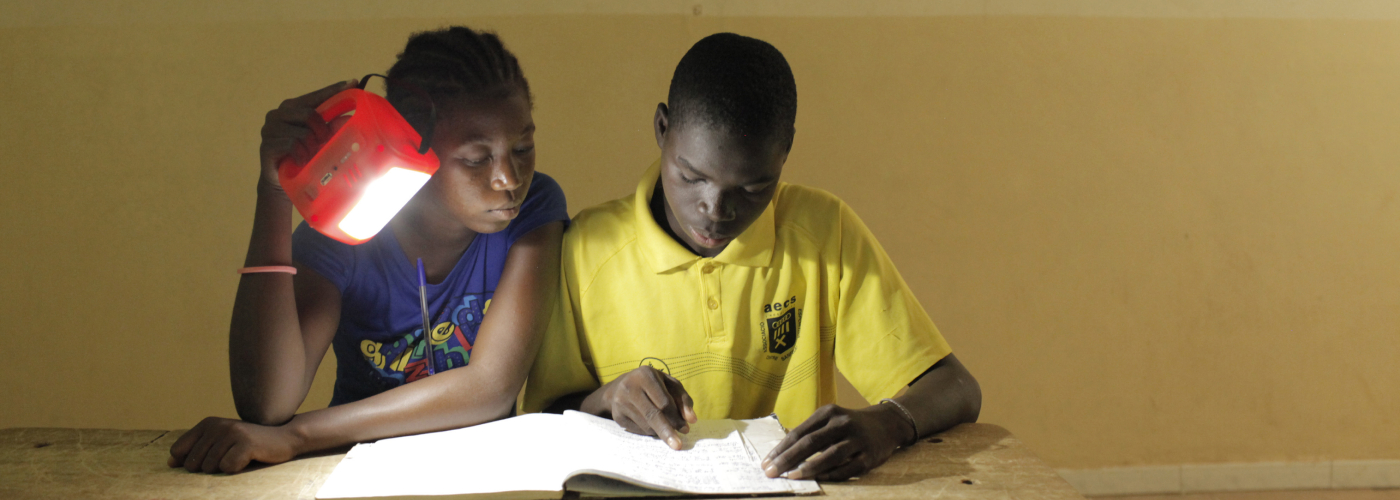 ?>
?>





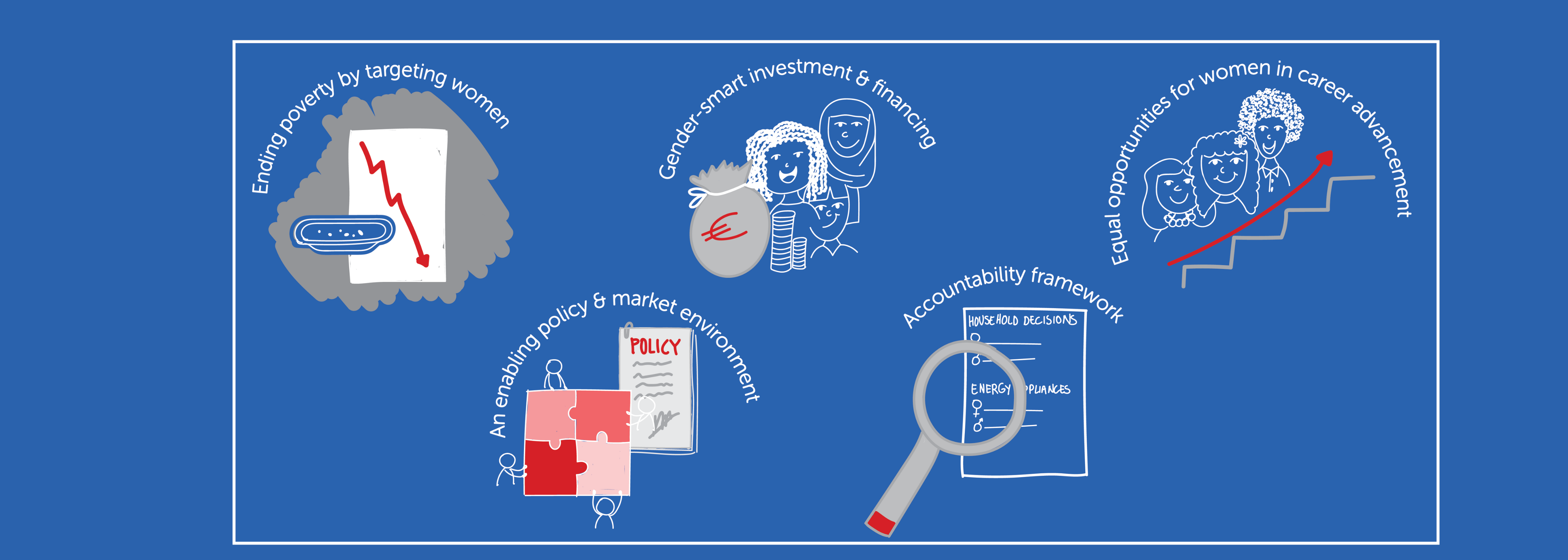

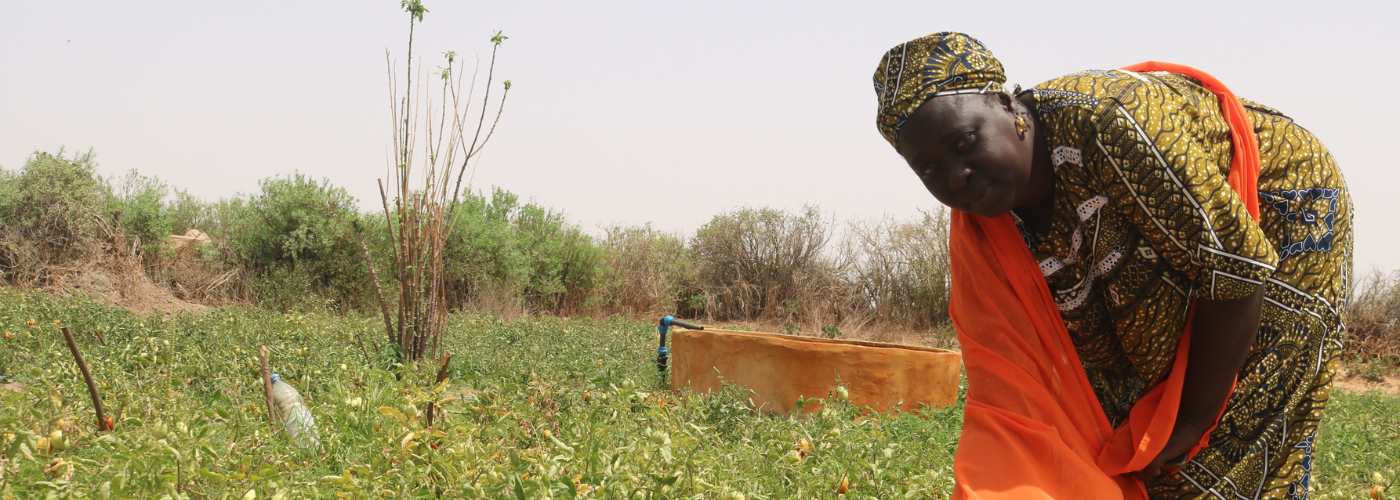
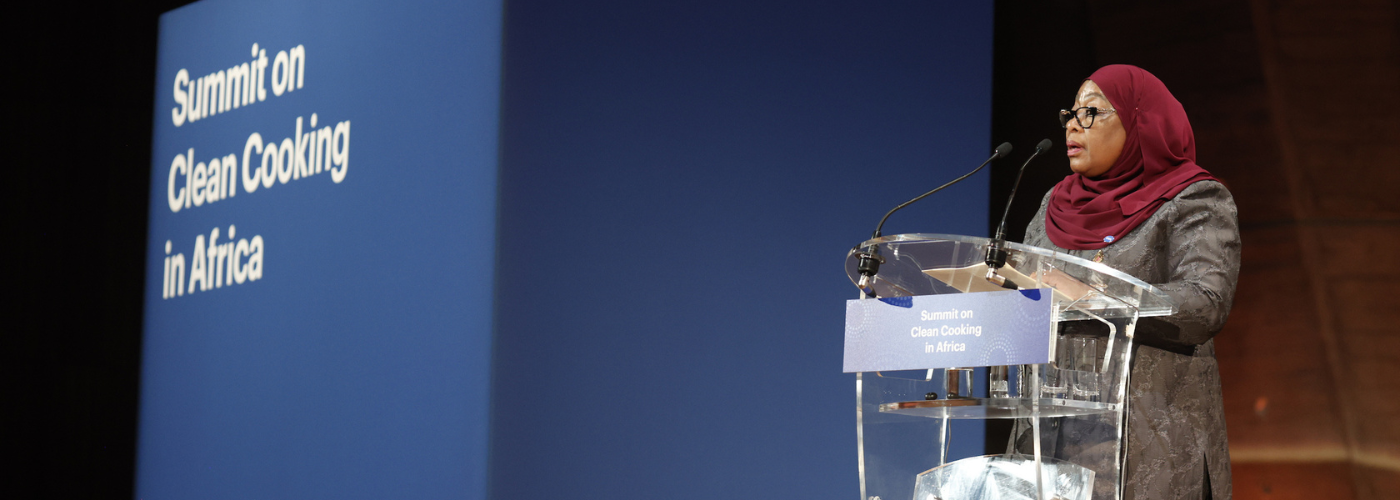
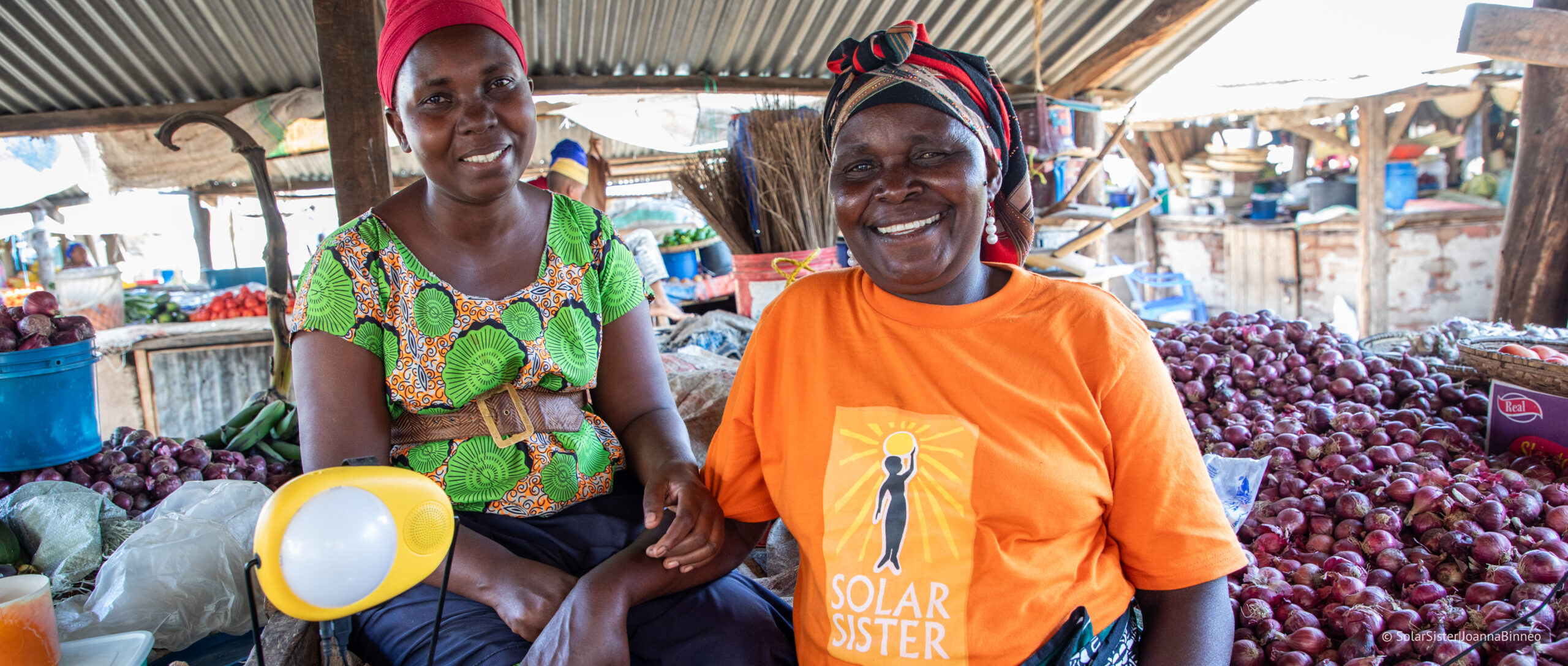
Follow us on: